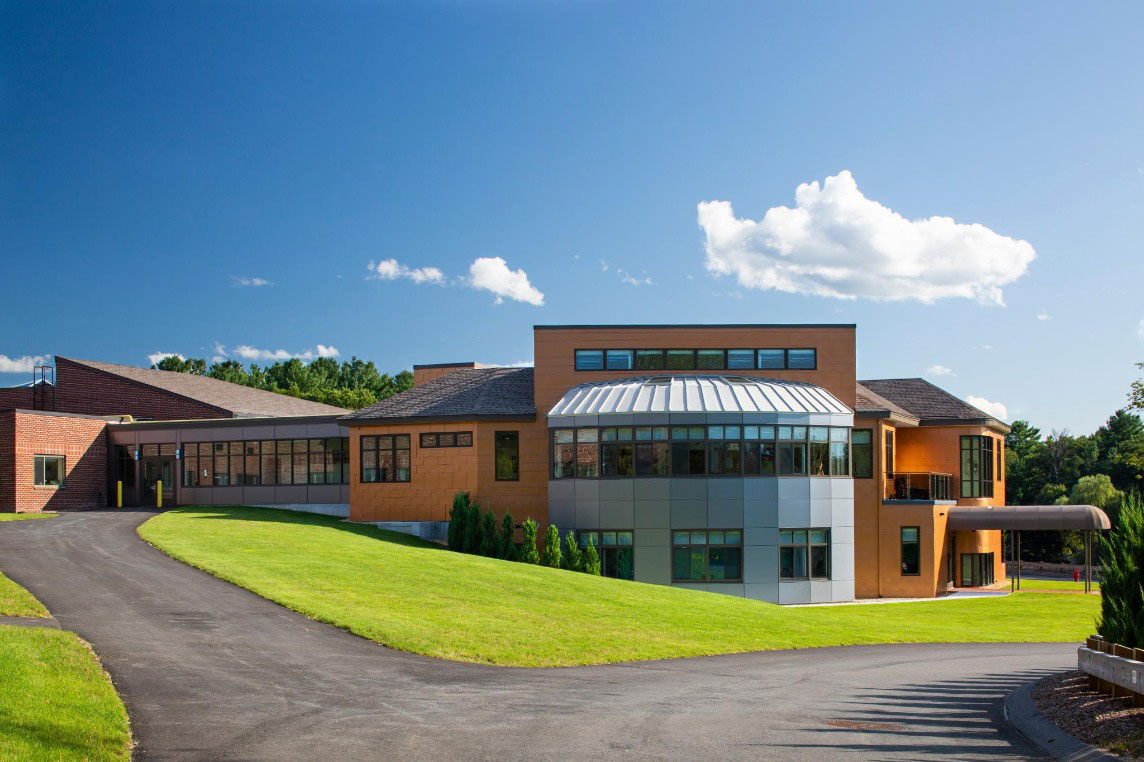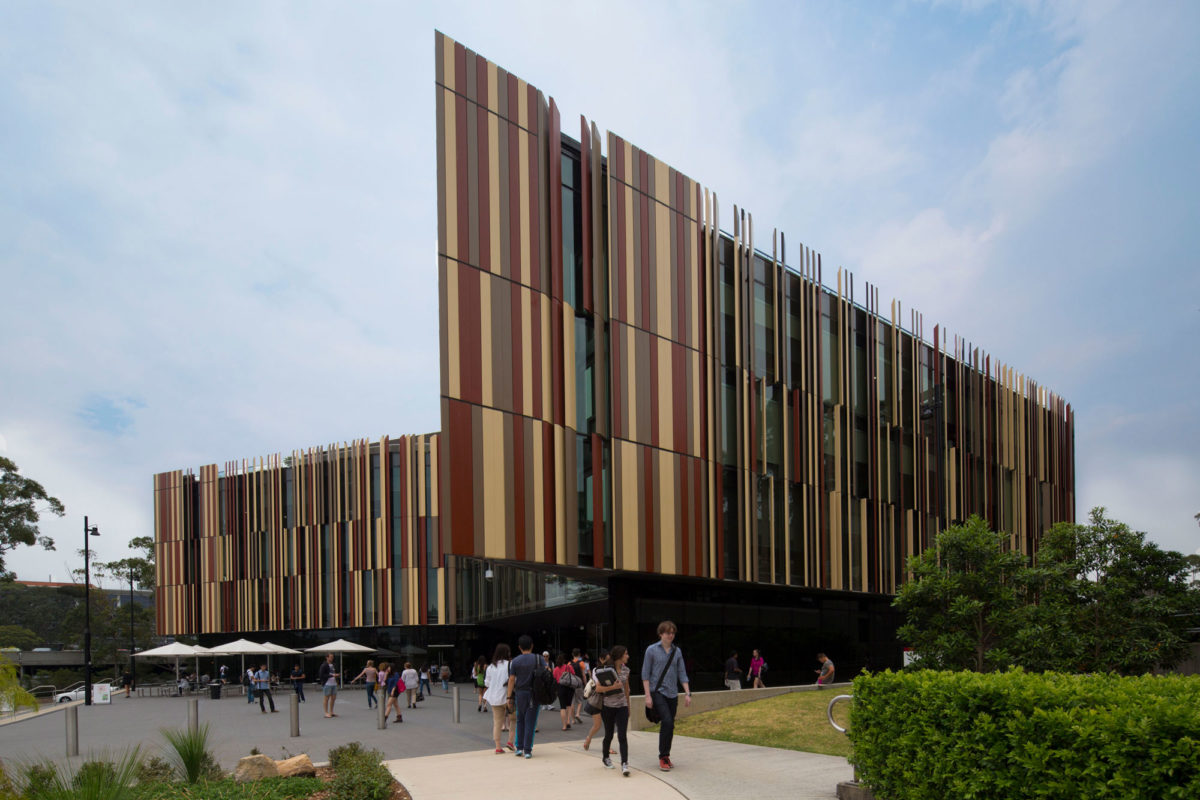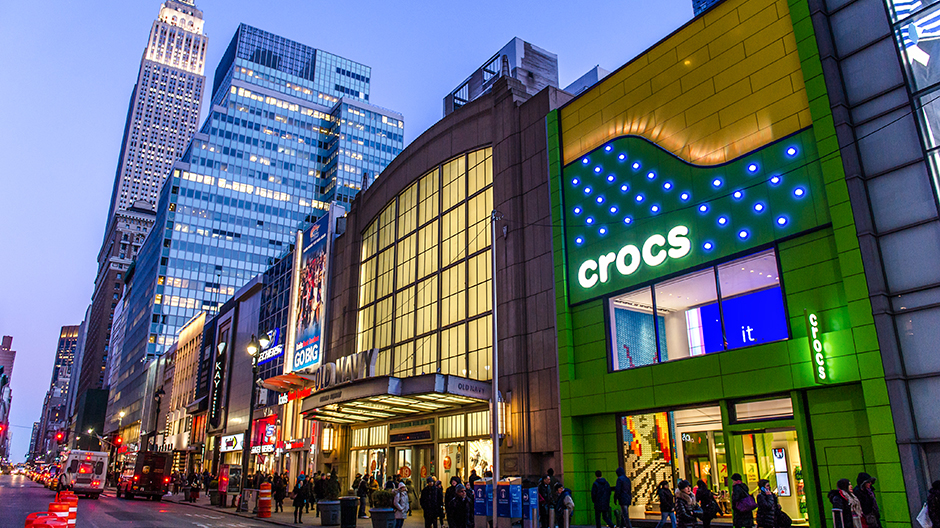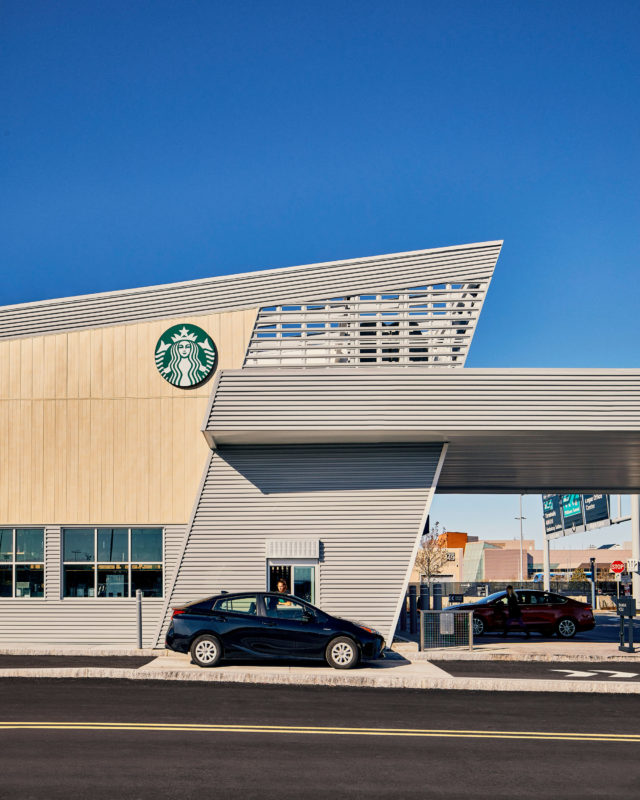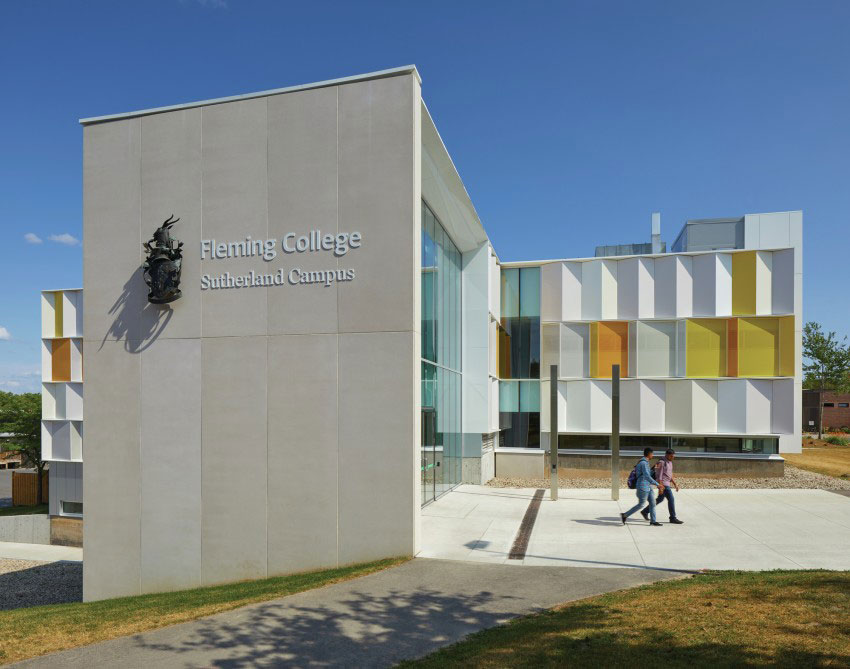The Carleton-Willard Village Retirement Community in Bedford, MA, was designed by Tsomides Associates Architects Planners. The new village center takes senior living to new heights with a host of modern amenities and a stunning contemporary design.
Senior Living Facility Gets Modern Upgrade With Natural Metal Facade
Categories Architecture
